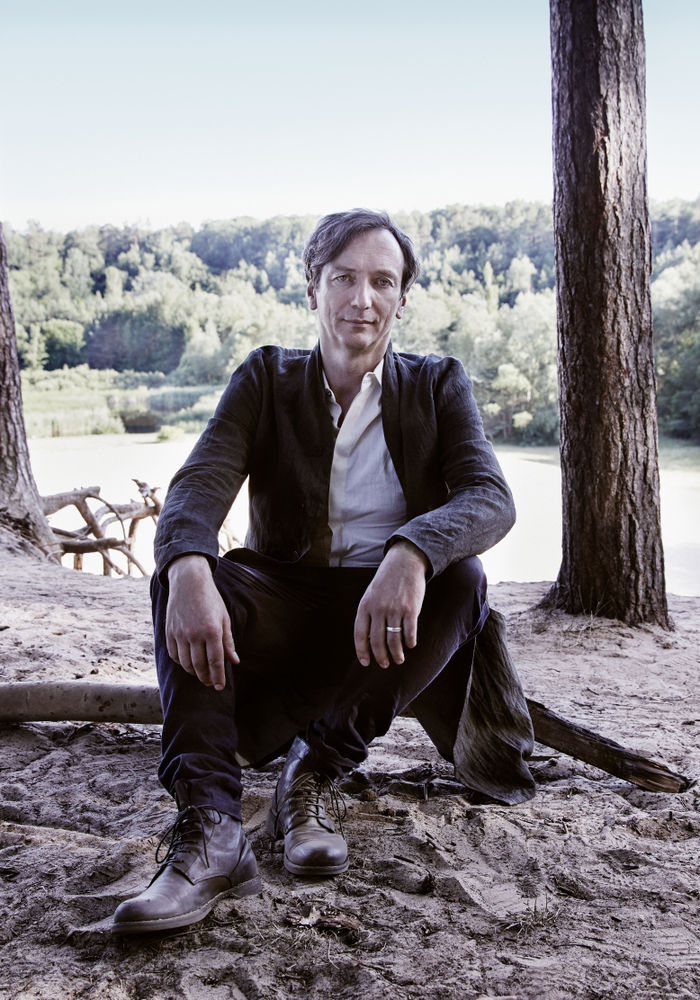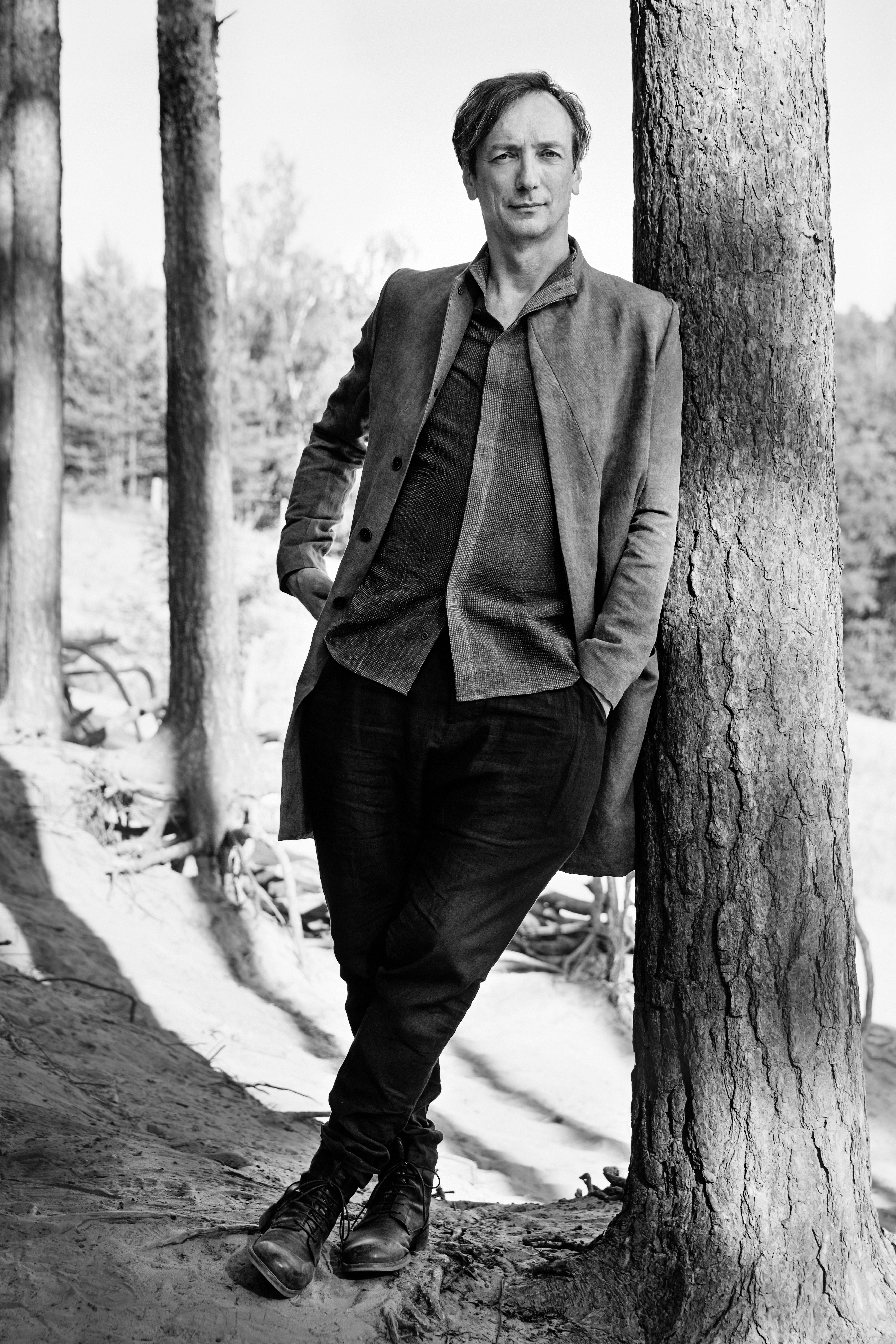Who knew that messing around with placing random objects on the strings of a piano can eventually get you nominated for an Oscar? Well, that’s perhaps a slight oversimplification of the stunning career of Hauschka, an artist who lives something of a double life – he’s also very well known by his birth name Volker Bertelmann as the composer for many movies, including Lion (the score that he and Dustin O’Halloran received their Oscar nomination for), The Old Guard and Ammonite.
It all started with his solo Hauschka albums, where he quickly became known for his quirky and characteristic neoclassical experiments; placing beer bottle caps and tennis balls inside the piano in an attempt to turn the instrument into a synthesizer (spurred on by John Cage’s belief that randomness enhances creativity).
You might think Bertelmann’s innate musical eccentricity may have been a natural progression from a bohemian upbringing, but quite the opposite.
“I grew up in a remote forest area, near Düsseldorf and Cologne,” he says, speaking to me from Western Germany.
“I was about halfway through my medicine studies when I got asked to support a hip-hop band in Germany. And then I drifted away from the studies. But my family is a more traditional family. They always felt that music wasn’t the right career option for me.”
But once he moved away from his countryside home and spent more time living in both Cologne and now Düsseldorf, Bertelmann benefitted from his increased freedom to follow musical pursuits. I ask him about how he first came to the technique of the prepared piano – opening the instrument’s lid and placing all kinds of objects inside, and if this coincided with the birth of the Hauschka artist name.
“The name came from the idea of detaching the piano performance a little bit from my name and not being a solo pianist in the traditional sense,” Bertelmann explains.
“I wanted to be a kind of one-man-band. And you might see that Hauschka is coming to town, but you don’t know if it’s five people, or if it's a woman! When I was recording my first record in Wales, at one point I put my fingers on the strings, and there was also some plastic foil to put between the hammers and the strings. And suddenly I realised that it's really nice to actually create sound on top of the strings. And I felt like this is maybe the idea of doing electronic music with an acoustic piano, or with an acoustic instrument.”
The aforementioned first album is Substantial, which was released in 2004. And bearing in mind Bertelmann had spent several years in the nineties playing keys for German hip-hop act God’s Favourite Dog, it really took the best part of two decades for him to finally break through as an artist, with 2009’s Salon des Amateurs. It has been a long and arduous journey:
“You have to struggle. Even though it sounds a little bit masochistic. But it's important to have barriers in your way and for it to feel impossible at times, because you learn a lot of lessons. You really have to go through that journey of discovering the purpose of your music, and what your unique strengths are.”
The aforementioned Salon des Amateurs, Bertelmann’s first release with Brighton’s Fat Cat Records, was the record that beckoned tours in America and saw his music finally hitting an international audience. The album is dedicated to the namesake club in Düsseldorf, which is still there.
“At the time, a few people were writing that I sounded like Max Richter and these kinds of composers. So I invited them to Düsseldorf! Jóhann Jóhannsson, Max Richter, Dustin O’Halloran, Chilly Gonzalez. I convinced Salon des Amateurs that they’d make a profit on selling drinks if we put this festival on!
"I had no financial support whatsoever – we just put a grand piano in there. And this was when I spoke to Max and told him that I’d love to release with Fat Cat Records, and he kindly spoke to them on my behalf.”




